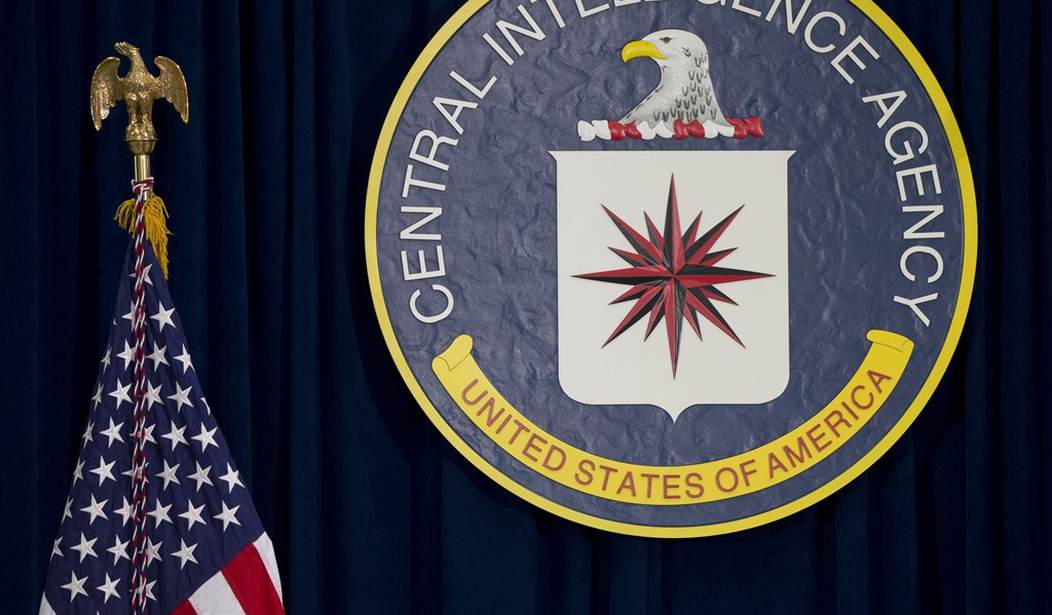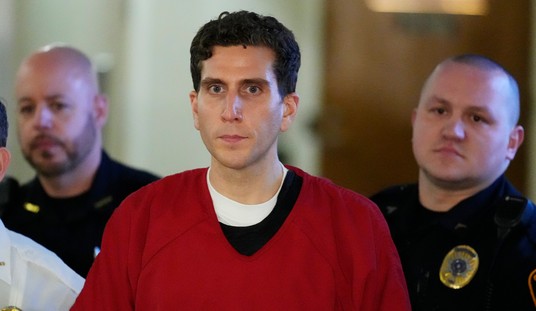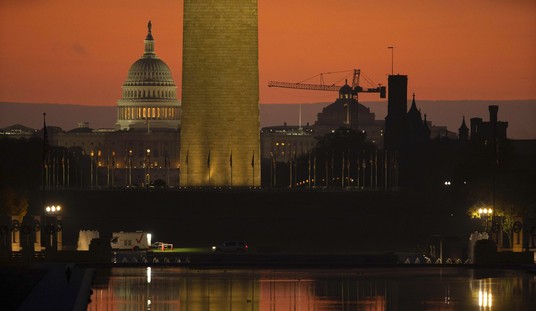PARIS -- Last week, it was revealed that a smartphone application called Strava, used to track your exact jogging or cycling route, pacing and mileage, was being used by U.S. operatives serving on and around secret military and intelligence bases overseas. How do we know this? Because the company itself released a Global Heat Map that showed well-trodden jogging routes near war zones. The same map plugged into Google Earth reveals, in some cases, secret CIA bases not far from known military installations. It raises the question: Can covert operations still succeed in an era of transparency?
If so-called "secret" bases are now known to fitness apps, then chances are that other countries' governments -- or even bad non-state actors -- are well aware of those same secrets. This might explain, for example, the fiasco in Benghazi, Libya, when jihadists attacked not only the American diplomatic compound, but also a CIA outpost whose existence and location were supposed to have been secret.
During a congressional hearing in 2015, Mike Pompeo -- now director of the CIA, appointed by President Trump -- grilled former Secretary of State Hillary Clinton: "Were you aware or are you aware of any U.S. efforts by the U.S. government in Libya to provide any weapons, directly or indirectly, or through a cutout, to any Syrian rebels or militias or opposition to Syrian forces?"
Clinton's answer was "no," but covert weapons dealings from a secret CIA annex in Libya as a possible motive for a jihadist ambush was obviously a feasibility in the mind of the person now in charge of the CIA. This means that jihadists had that intelligence. At some point, you have to figure that the CIA has to ask itself what kind of covert missions it can actually get away with.
Recommended
We already know that the "Syrian rebel" project to unseat Syrian President Bashar al-Assad was a bust. Again, it was a case of information flashing around the world at a speed limited only by technology, ultimately demonstrating that the reality on the ground was not as it was being portrayed by the U.S. government, which claimed the conflict was the result of a spontaneous uprising against Assad, and not an operation directed by foreign entities. Thanks to technology it's now possible to collect open source intelligence, translate it from various languages with a few clicks, converse with someone on the ground in real time, compare notes with contacts doing the same in other countries and then meet with sources just flown in from the conflict zone.
The end result? Not only is the Syrian president still in place, but America's one-time ally, Turkey -- the staging and training country for U.S.-backed "rebel" operations -- is now in the process of mopping up any potential future U.S. proxies by attacking U.S.-backed Syrian Kurds. If the U.S. had hoped to use the Kurds as the new "rebels" against Assad in some kind of Plan B, that game plan is now useless. Why? Because the entire world is watching every move the U.S. makes in real time. Whereas before information was restricted and traveled either by word of mouth or hardcopy, today data literally whizzes through the air, making it more difficult for any single government or media to control.
When a country's intelligence services decide to engage in covert regime change activities, it has to know that the odds of it remaining covert are slim to none. So how, then, are they supposed to engage overseas to align other nations' interests with their own?
Hey, I don't know -- maybe try using business as a means of gaining power and influence in the rest of the world? China seems to be doing pretty well using business as a cover for political gains, given that it has been able to leverage joint-venture partnerships with foreign companies to infiltrate them with ruling Communist Party spies. That is, when they aren't stealing foreign partners' intellectual property.
Meanwhile, some favorite targets for U.S.-backed covert regime change are taking care of themselves, notably Venezuela. Rather than the U.S. spending decades trying to convince the world that communist ideology is a failure by provoking a government overthrow -- a strategy that now, more than ever, risks exposure and blowback -- money could have better been spent by simply sitting back and watching that theory play out as it has in Venezuela where citizens are reportedly fighting over black-market toilet paper.
The CIA can't seriously expect covert ops to remain covert when their operatives' daily laps around supposedly secret bases are the source of worldwide amusement.

























Join the conversation as a VIP Member